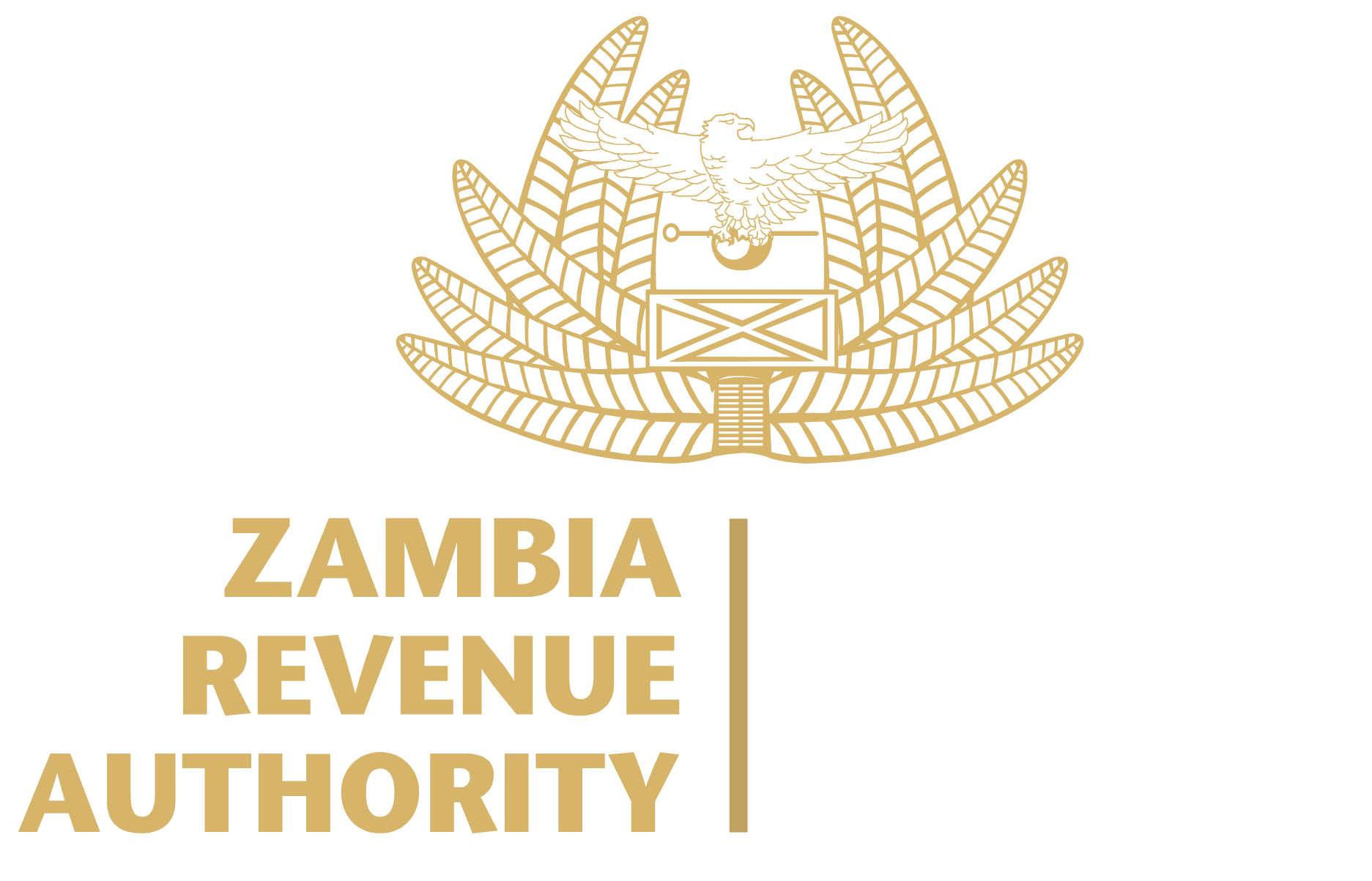Importation is the introduction of foreign goods into a country or bringing in of goods from outside the country.
Importations can be classified as: accompanied baggage; freighted cargo; or importations as parcels through post.
- Definitions
CIF – Cost, insurance and freight
Commercial Consignment
A consignment is treated as commercial if:
- It is meant for commercial or business purposes;
- It is not meant for personal use by the traveler;
- It is above the traveler’s allowances
Small Value Consignments
- these are importations with CIF value more than USD 1,000 but not exceeding USD 2,000.
- they can be for commercial, business or trade purposes even if their CIF value is less than USD 1,000
- No clearing agent is required to make a declaration with Customs
- Applicable duties and taxes are payable
Large Value Consignments
- these are imports with a CIF value above USD 2,000;
- they are declared on the Customs electronic processing system;
- A Clearing Agent is required to make the declaration;
- Applicable duties and taxes are payable
2. Accompanied baggage
The following are the traveler’s allowances:
- A traveler is entitled to import goods worth USD1,000 duty free and any excess as long as the taxes are below K10. In both cases the goods should not be for commercial purposes or belong to any person who is not a traveler. This means that no person can send anyone to go and purchase some goods for them and enjoy the duty free allowances.
- The rebates do not apply to the gifts that the traveler could buy for either the family or friends
A traveler is entitled to import duty free the following quantities of excisable goods (as long as the traveler is at least 18 years old):
- 2.5 Liters – Clear beer
- 0.5Kg of Tobacco or 0.5Kg of Cigars or 400 sticks of Cigarettes
- 2.5 Liters – Wine
- 1.5 Liters –Spirits
All traveler’s goods which are not covered under the traveler’s allowances are declared and cleared as per the procedure below:
Procedure
- The traveler completes the declaration Form CE6 and presents it to customs together with any other supporting documents.
- Customs assess the duty payable after physically checking the goods
- Payment of taxes is made and a receipt is issued
3. Freighted Cargo
These are consignments intended for commercial or industrial use with a value exceeding USD 2,000. They are cleared electronically through the Customs electronic processing system.
Procedure
The declaration is made before the goods arrive at the border with the agent/importer doing the following:
- attaches the following documents: invoices, airway bills, cargo/road manifests, bills of lading, contracts, certificates, permits for controlled or restricted goods etc;
- Ensures that the goods match the declaration
- Submits original documents to enforcement unit at the time the goods arrive
The tax payment is made based on the self-assessed taxes; After payment is made, the declaration is triggered for appropriate Customs intervention;
If the declaration is correct, a release order will be issued. However, incorrect declarations will lead to additional assessment and the system will automatically generate appropriate penalties. In this case, a release order will only be issued after payment of the additional assessment and penalties
Note:
The Customs Accredited Client Programme (CACP) transactions will be issued with a special release soon after registration before payment of duties and taxes to facilitate the movement of goods. The process is later completed when the duties and taxes are paid.
4. Importation by Post
When goods are being imported by post, the following is duty free:
- single consignment of goods when the total value, inclusive of freight and insurance, does not exceed the equivalent of fifty United States Dollars;
- samples of negligible value; or
- a single consignment of goods (excluding alcoholic beverages, cigars, cigarettes, or manufactured tobacco) imported by parcel post or air freight, when the total value of such consignment, inclusive of freight and insurance, does not exceed the equivalent of One Thousand United States Dollars,
on condition that-
such consignment is sent to a private person by or on behalf of another person resident outside Zambia;
such consignment consists only of articles for the personal use of the addressee or the family of the addressee; and
such consignment is not imported for sale or industrial or commercial use.
Procedure for clearing goods imported by post
Customs will assess and separates the parcels into three categories:
- Those for immediate release under rebate;
- Those whose value does not exceed USD 2,000 that are to be cleared as petty consignments on Form CE 6; and
- Those whose value exceeds USD 2,000 where clearance has to be done on a Bill of Entry (Form CE 20) using the Customs electronic processing system
5. Types of Duties and Taxes
Customs Duty
This is money levied on all goods entering the country. Customs duty rates range between 0 and 40%.
Import Value Added Tax
This is value added tax (VAT) charged on all imported goods according to the applicable domestic rate i.e. standard rate of 16%, zero or exempt.
Excise Duty
This tax is levied on selected goods which either have externalities or are of a luxurious nature. These include alcoholic beverages, tobacco, selected motor vehicles, cosmetics, etc.
Export Duty
Export duty is charged on a few selected items. These include scrap metal, Copper concentrates, maize, timber, mineral ores, etc.
Other fees collected are:
- Motor vehicle registration fee;
- License fees;
- Warehouse rentals;
- Carbon Emissions Surtax (based on engine capacity).
6. Assessment of Duties and Taxes
In order to determine ad valorem duties and taxes payable, the Value for Duty Purposes (VDP) is required. VDP is a Kwacha equivalent of the Cost, Insurance, and Freight (CIF) value, which constitutes:
- The price actually paid or payable for the goods being imported;
- Insurance charges for the transportation of goods;
- Freight charges; and
- Any other costs incidental to the importation up to the port of entry in Zambia.
The duties or taxes payable will be calculated as follows:
Duty or tax = (Value for Duty Purposes) x (Duty or tax rate)

